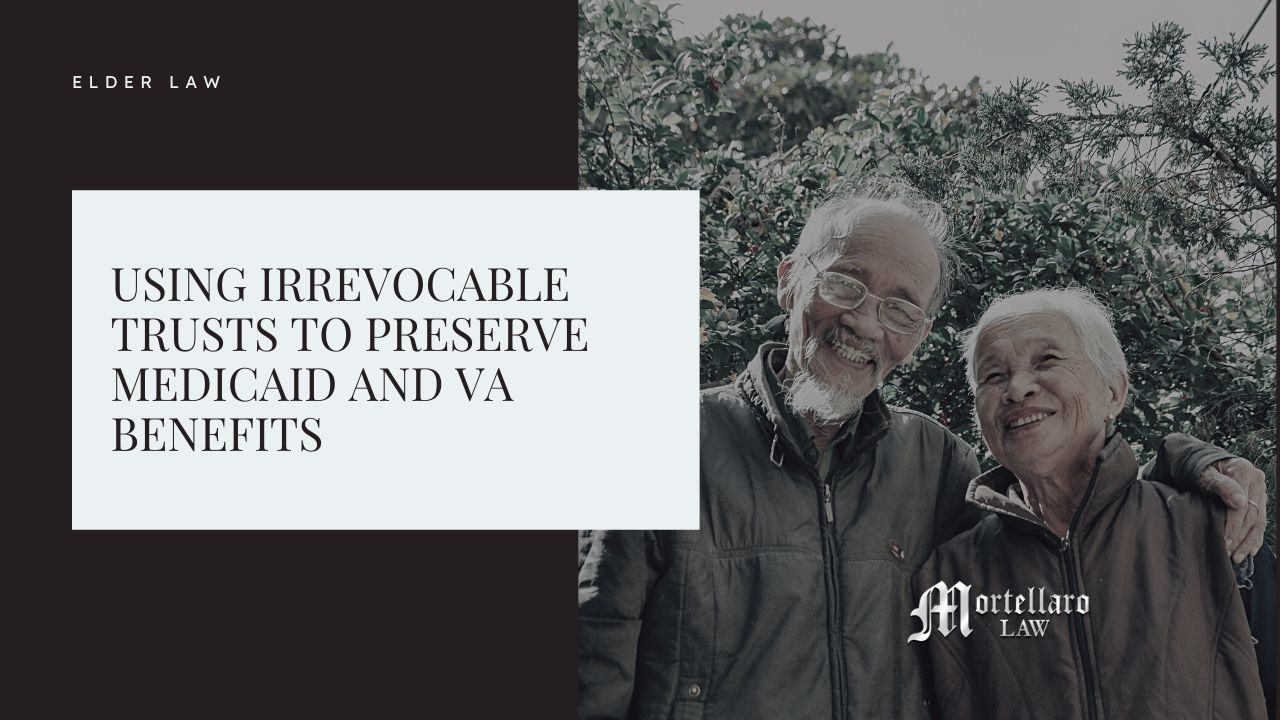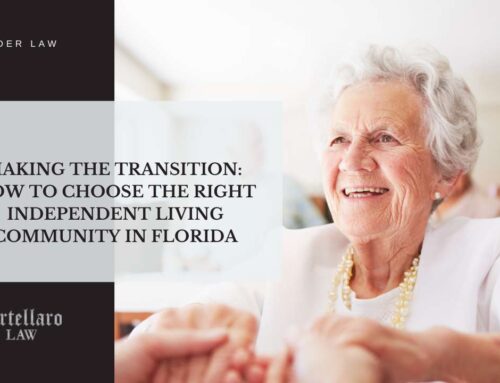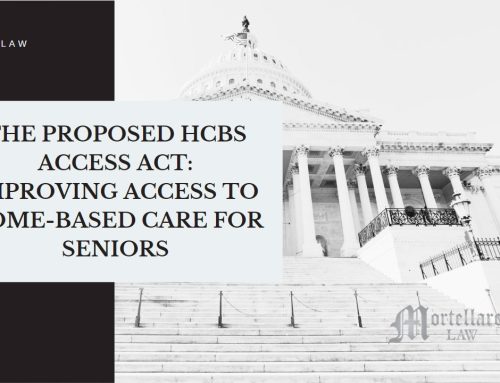As we age, one thing that surprises many people is the cost of long-term care – which most of us will need someday. In 2020, the average price for a semi-private room was $7,756 per month, increasing to $8,821 per month for a private room, according to Genworth’s Cost of Care Survey.
Most Floridians do not have enough assets to pay for these sky-high costs of long-term care, nor do they have long-term care insurance to cover the cost of care. Yet, they still might not qualify for the benefits they need to cover these costs because the assets and income they do have are too high.
Often when people in this situation see the cost of care looming, they begin to spend or give away their assets to meet the income limits set by the two biggest public programs that cover long-term care: Medicaid and the VA.
But, they don’t realize that Medicaid will look back at your finances for five years, and if they see large depreciations, you may still be denied. The lookback period for the VA is slightly shorter at three years.
There are a few options for assets protection planning for Florida Medicaid and VA Benefits, even during the lookback period. A properly written irrevocable trust is often a highly effective way to preserve your money, investments, and other assets while qualifying for Medicaid and VA Benefits – as long as you plan.
Eligibility for Medicaid
To be eligible for Florida Medicaid, you must be a resident of the state of Florida, a U.S. national, citizen, permanent resident, or legal alien, in need of health care/insurance assistance, whose financial situation would be characterized as low-income or very low income (for a single household the limit is $18,075).
One of the following also must apply:
- You are pregnant,
- You are responsible for a child 18 years of age or younger,
- You are blind,
- You have a disability or a family member in your household with a disability, or
- You are 65 years of age or older.
As noted above, your assets must be valued at less than $2,000, with a few exceptions such as a home, one car, life insurance policies, and a prepaid burial policy. To qualify for long-term care, your gross monthly income cannot exceed $2,523.
Eligibility for VA Benefits
Two veterans benefits – the VA Aid and Attendance benefit and the Housebound benefit – can be used to help cover the costs of long-term care. The VA counts the gross income from sources such as, but not limited to, Social Security, pensions, required minimum distributions from IRAs, dividends, interest, annuities, and rental income. There is a limit for assets too. Your net worth must fall below $138,489 (until November 30, 2022, when it may change). The list of what counts as an asset and what does not gets tricky. Lastly, the VA employs a life expectancy test, which considers the veteran’s age, his total resources, and his total expenses to determine whether the veteran has sufficient resources to last the remainder of his expected lifetime.
What is an Irrevocable Trust and How Can It Help?
An irrevocable trust is a legal vehicle for holding and distributing assets. It lets you preserve your savings to stay eligible for Medicaid or VA benefits because these assets, which you no longer legally own, won’t count towards the resource limit for these programs.
It is a sound legal strategy that protects many of your hard-earned assets from being wiped out by the costs associated with long-term care while ensuring you can get the financial help you need. Irrevocable trusts can offer a range of benefits to both you and your heirs, which is why they are a popular means of asset protection.
While it’s true that you are not technically in charge of the trust once it is set up, you still retain some crucial controls. For example, assuming the trust is set up well, you will have the right to change the trustee and beneficiaries. You will also be able to make gifts to your family as you see fit without jeopardizing your Medicaid eligibility. Moreover, the funds you gift to your family can then be used to help pay for your nursing home costs.
Different irrevocable trusts are used as asset protection strategies for different reasons and in different situations. But don’t forget, there is a lookback for transferring funds into the irrevocable trust by both Medicaid and VA. Thus, if you are interested in establishing an irrevocable trust, you should consult an estate planning and elder law attorney as soon as possible. At Mortellaro Law, we have helped thousands of Floridians and their families for over a decade with estate planning and securing financial benefits while protecting their assets accumulated over a lifetime. Call us today for a free consultation.




